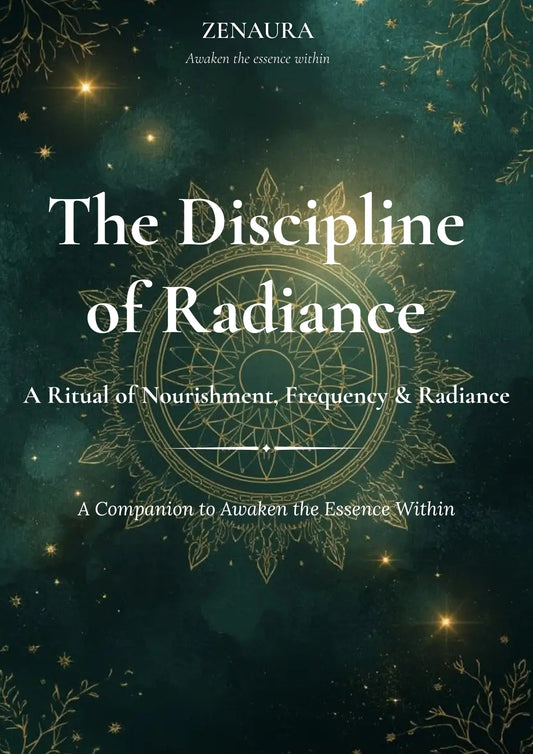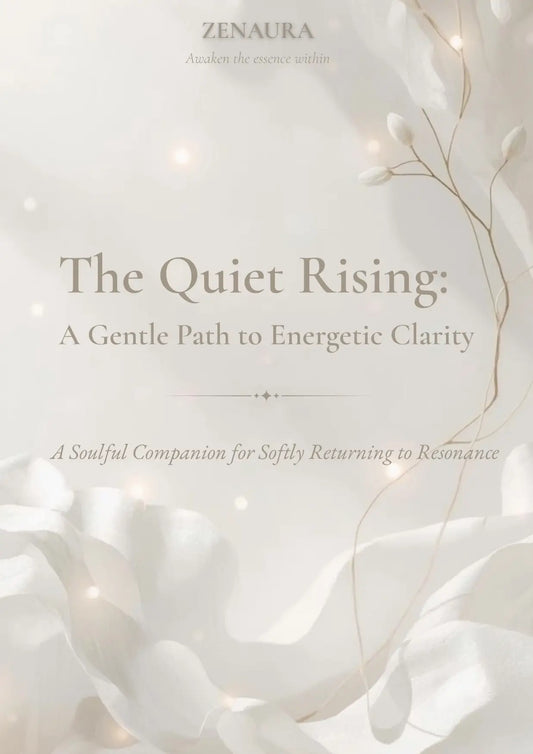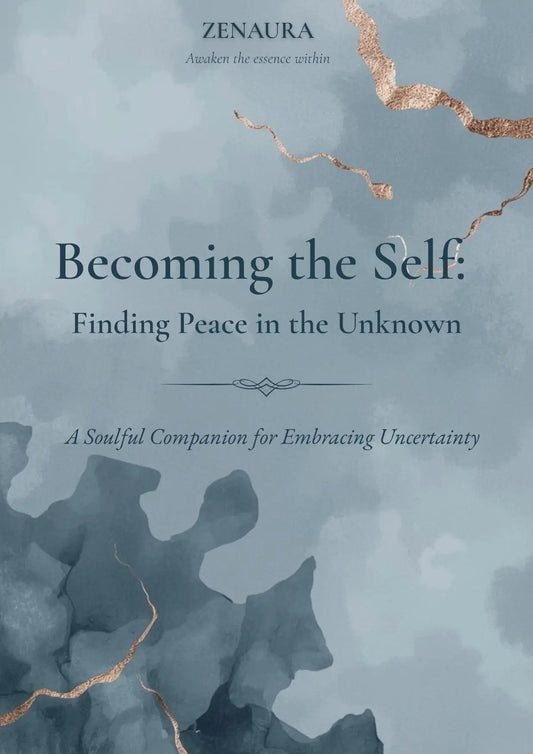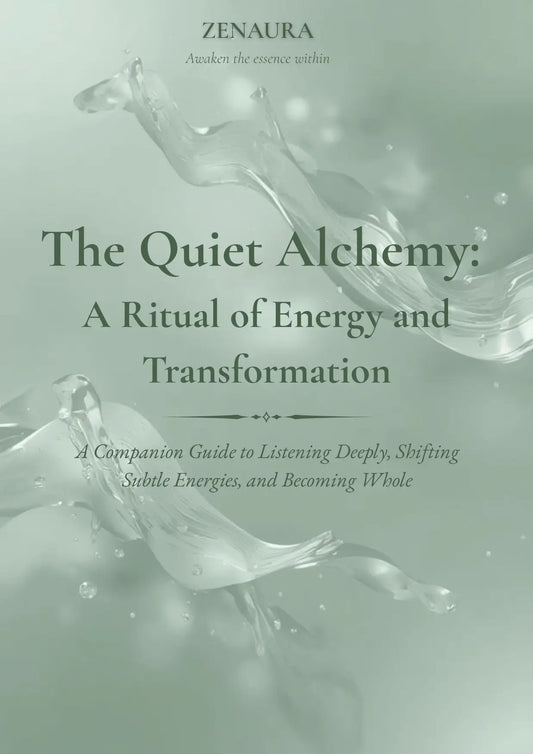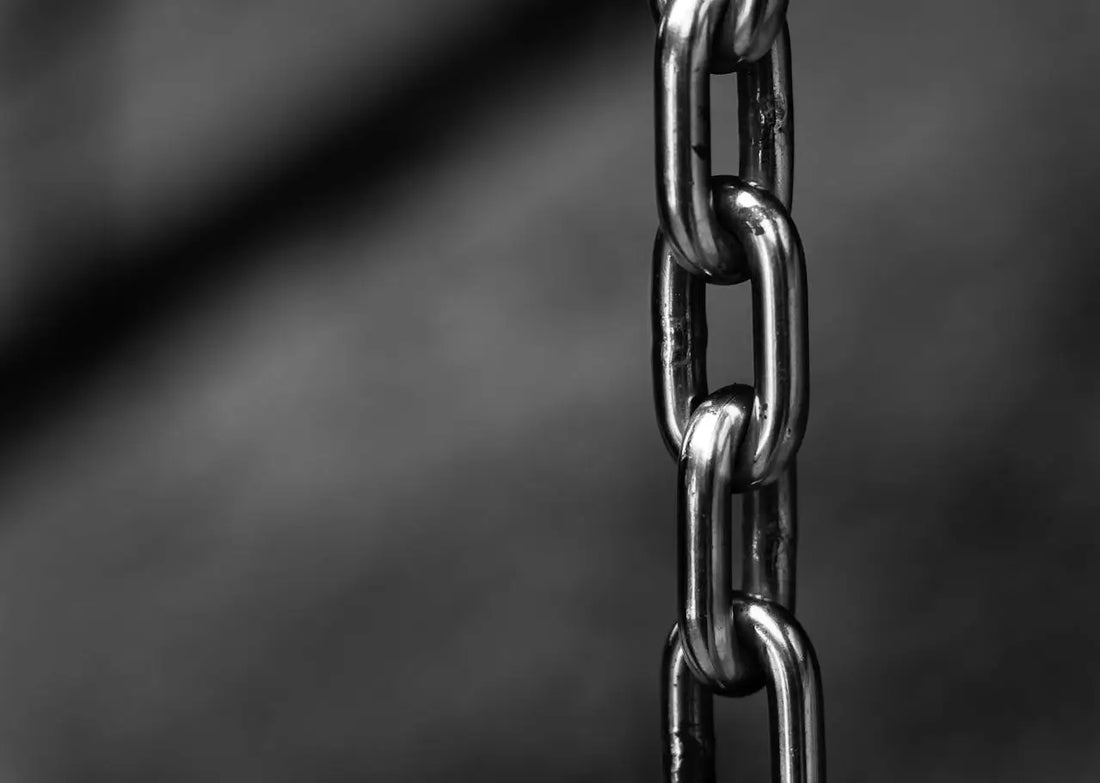
Unveil the FOG: Recognising and Outsmarting Emotional Manipulation in Work and Life
Have you ever sensed a quiet pressure in the air, a subtle tension shaping your choices before you even notice? Compliments linger longer than necessary, obligations appear as if they are truly yours to carry, and gentle nudges begin shaping your actions without confrontation. Emotional manipulation flows quietly through workplaces, family circles, friendships, and romantic relationships, guiding decisions and influencing feelings long before conscious awareness catches up. Often, this influence is subtle, moving through what is known as FOG—Fear, Obligation, and Guilt—a triad of tactics that cloud perception and guide behaviour without overt force.
To recognise FOG is to begin reclaiming sovereignty. Left unchecked, these currents quietly erode confidence, weaken personal boundaries, and bend actions toward the agendas of others. Awareness sharpens perception, restores autonomy, and allows life to be navigated with deliberate intention. Every subtle pause, every reflective breath becomes an opportunity to reclaim fragments of choice, strengthen boundaries, and witness the currents shaping both inner and outer worlds.
The cost of unawareness is gradual but cumulative. Subtle manipulation drains energy, distorts perception, and limits potential. Yet the benefits of recognition are profound: clarity replaces doubt, agency returns where compliance once ruled, and freedom flourishes in spaces once crowded by invisible pressures. Recognition is not fear-driven; it is a gentle invitation to awaken, cultivate inner clarity, and navigate life with conscious intention.
Fear: The Quiet Weight of Influence
Fear is perhaps the softest yet most pervasive current in FOG. It rarely announces itself with threats or overt intimidation; instead, it whispers, insinuates, and suggests possibilities that make the mind contract. In the workplace, a manager may hint that a contract is nearing its end, gently nudging staff toward tasks that stretch beyond their scope, even if these responsibilities are not truly theirs to carry. Colleagues may imply that questioning instructions signals incompetence, and gradually, anxiety seeps in, bending decisions toward compliance and steering actions to avoid imagined consequences.
Within families, fear often manifests as subtle disapproval, the threat of disappointment, or quiet withdrawal of affection when expectations are unmet. A sibling might remark, “I guess you wouldn’t want to upset Mum,” guiding choices not through alignment with personal values but through anxiety-driven avoidance. Friends can evoke social fear with casual comments suggesting exclusion or judgment, shaping behaviour silently. Romantic partners may mirror this through quiet disapproval, withdrawn affection, or hints of future regret, influencing decisions without overt confrontation.
Fear works because humans instinctively seek to protect themselves and those they care for. Its potency lies in subtlety; the mind leans toward safety even when the perceived threat is constructed or exaggerated. Awareness transforms fear from invisible chains into reflective insight. A pause, a quiet question to oneself—“Is this fear truly mine, or a reflection of someone else’s projection?”—allows observation without immediate reaction. In that gentle discernment, choice re-emerges, and energy returns. Life can then be navigated deliberately, rather than swept along by invisible currents.
In daily life, this may mean noticing a quiet tension when a colleague implies risk, then pausing to consider whether the responsibility genuinely belongs to you. At home, it could involve recognising the subtle fear embedded in a family member’s expectations and responding with calm, deliberate boundaries, engaging only to the extent that aligns with your capacity. Awareness allows actions to flow from alignment rather than compulsion.
Obligation: The Soft Chains That Bind
Obligation drifts quietly beneath the surface, often adorned as loyalty, care, or moral duty. In the workplace, a manager may praise an employee’s “unique skills” suggesting they are best suited for a critical cross-functional task. Gradually, more responsibilities seem to settle upon that person, as if they alone are responsible—a quiet, unfair weight that can stretch capacity beyond role scope and consensus. Obligations appear as if they are truly yours to carry, bending choices and drawing energy into responsibilities that are not genuinely yours.
Within families, siblings or parents may invoke past sacrifices or long-held responsibilities, guiding decisions to suit their convenience rather than your values. Friends may frame requests as moral debts for small favours, while romantic partners may appeal to shared commitments, nudging actions beyond comfort or capacity.
Obligation gains its quiet power because humans naturally seek belonging, harmony, and validation. Left unexamined, it bends the will, erodes autonomy, and draws energy toward the agendas of others. Awareness allows sovereignty to emerge. Pausing to reflect on whether an action aligns with personal values and capacity transforms invisible chains into conscious choice. Responses arise gently—softly declining, offering a smaller contribution, or delaying participation—without conflict or resentment.
When responsibilities begin to accumulate unfairly, a quiet, reflective response can shift the dynamic: “I hear you, I understand what you are saying, but may I ask what makes you feel this approach serves everyone, including me?” At home, considering whether assisting a family member aligns with your energy and well-being allows deliberate, compassionate responses that preserve autonomy. Observing the subtle currents of obligation clarifies boundaries, protects energy, and strengthens personal freedom.
Guilt: The Invisible Burden
Guilt is intimate and pervasive, insinuating moral responsibility into the heart and mind. At work, when fear and obligation have not fully guided behaviour, a manager may quietly suggest that declining a task will harm the team, even when the responsibility is shared. Within families, partners or relatives may frame choices as disappointment, or with subtle remarks like, “After all I’ve done for you…,” shifting responsibility onto the individual. Friends may imply that refusal signals a lack of care, while acquaintances can gently exploit empathy to influence decisions.
Guilt is powerful because humans are wired to do good, avoid harm, and preserve relationships. Left unchecked, it bends decisions toward external pressures and diminishes freedom. Awareness allows guilt to be held consciously, separating genuine responsibility from manipulation. Responses arise in quiet reflection, recognising accountability while maintaining boundaries, allowing compassion and sovereignty to coexist.
When the quiet stirrings of guilt arise, you might internally affirm: “I can contribute where I am able, but the team’s success is not solely my responsibility.” Within family dynamics, recognising projected disappointment allows a compassionate, boundary-preserving response: “I hear your feelings, yet my choices must align with my capacity and values.” Through awareness, guilt transforms from a corrosive weight into a subtle guide, gently directing decisions in alignment with self, rather than compulsion from others.
The Subtle Psychology Behind FOG
Manipulators rely on FOG because of insecurity, greed, power, and ego. The more they can control or manipulate, the more they feel superior; without it, they risk revealing a soulless vessel lacking moral grounding. Awareness disrupts this quiet architecture. Recognising manipulation allows one to step back, observe patterns, and reclaim autonomy. Every unspoken expectation, subtle nudge, and quiet pressure becomes visible when attention is directed both inward and outward. The practice of 360-degree observation—examining internal feelings alongside external behaviours—reveals where influence resides and allows conscious, deliberate choice to emerge. Understanding emotional manipulation and recognising these tactics restores personal boundaries and nurtures self-empowerment.
Navigating Life in the FOG: Balance, Observation, and Sovereignty
Fear, obligation, and guilt move silently through life, shaping behaviours across work, family, friendships, and romantic relationships. Awareness is active, reflective, and deliberate. Pause when unease arises. Sense the subtle stirrings within, and let your attention extend outward to observe those whose presence consistently bends your equilibrium. Through this interplay of inner and outer observation, clarity emerges like dawn breaking through mist.
Conscious observation transforms influence into insight. Responsibilities not truly yours can be released. Boundaries are clarified. Decisions arise aligned with personal values rather than unseen pressures. Life is abundant, and energy is precious; your one life should not be wasted carrying the repeated burdens of others’ manipulation. Those who drain your joy or stir subtle tension can be erased—your energy is not theirs to waste.
By recognising FOG, cultivating reflective awareness, and practising sovereignty, life becomes a deliberate practice. Emotional manipulation loses its quiet power, personal boundaries strengthen, and self-empowerment flourishes. Emerging from the fog, clarity and abundance return, along with the profound freedom to live deliberately—creating spaces where joy, calm, and alignment thrive.



